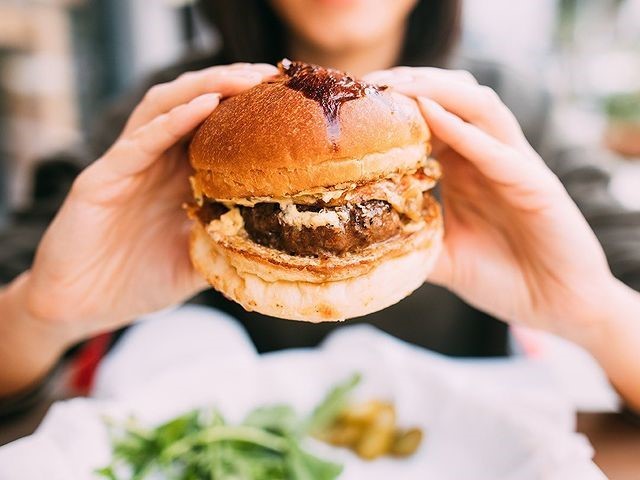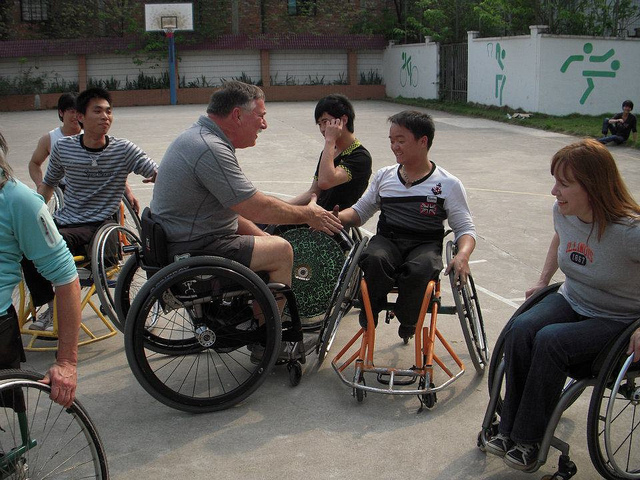The holiday season is a time of joy, celebration, and togetherness. However, for individuals with eating disorders, it can also be a challenging and stressful time. Navigating through family gatherings, festive parties, and elaborate meals can trigger anxiety and exacerbate their struggles. In this article, we will explore helpful tips for individuals with eating disorders to make the holiday season more manageable and enjoyable.
Understanding the Challenges
People with eating disorders face unique challenges during the holidays. The abundance of food-centric events can intensify their anxieties about meals, body image, and societal expectations. It’s crucial to acknowledge and understand these challenges to provide meaningful support.
Communicate Openly
Clear communication is essential when dealing with eating disorders during the holidays. Individuals should feel comfortable expressing their concerns and needs to friends and family. Loved ones, in turn, should strive to create a supportive environment, free of judgment and criticism.
Plan Ahead
Planning can be a powerful tool for managing the holidays with an eating disorder. This includes discussing meal options with hosts, having a support system in place, and preparing coping strategies for challenging situations. Having a plan in advance can help reduce anxiety and provide a sense of control.
Focus on Non-Food Activities
Many holiday traditions revolve around food, but it’s important to shift the focus to non-food activities. Engaging in games, crafts, or other forms of entertainment can help divert attention from eating-related stressors. Encouraging alternative ways of celebration can make the holidays more inclusive and less triggering.
Set Realistic Expectations
Setting realistic expectations is crucial for individuals with eating disorders during the holidays. It’s okay to acknowledge that perfection is unattainable. Encourage a mindset of self-compassion and remind individuals that the holidays are about joy and connection rather than rigid adherence to dietary rules.
Create a Support System
Having a strong support system is vital for anyone navigating the challenges of an eating disorder during the holidays. This can include friends, family, and mental health professionals. Regular check-ins and open conversations can provide the necessary emotional support.

Seek Professional Help
The holiday season may intensify the need for professional guidance. If an individual is struggling with their eating disorder, reaching out to a therapist or counselor is essential. Professional help can provide coping strategies and tools to navigate the specific challenges presented during the holidays.
Celebrate Non-Food Achievements
Encourage the celebration of achievements that are unrelated to food. Whether it’s personal growth, overcoming challenges, or reaching milestones in recovery, recognizing and celebrating non-food accomplishments can boost self-esteem and foster a positive mindset.
Conclusion
Navigating the holidays with an eating disorder can be daunting, but with understanding, support, and proactive planning, individuals can make it through successfully. By fostering open communication, focusing on non-food activities, and creating a strong support system, the holiday season can become a time of joy and connection for everyone. To learn more about Eating Disorder, there are a ton of interesting articles at https://luchon-mourtis.com/.



